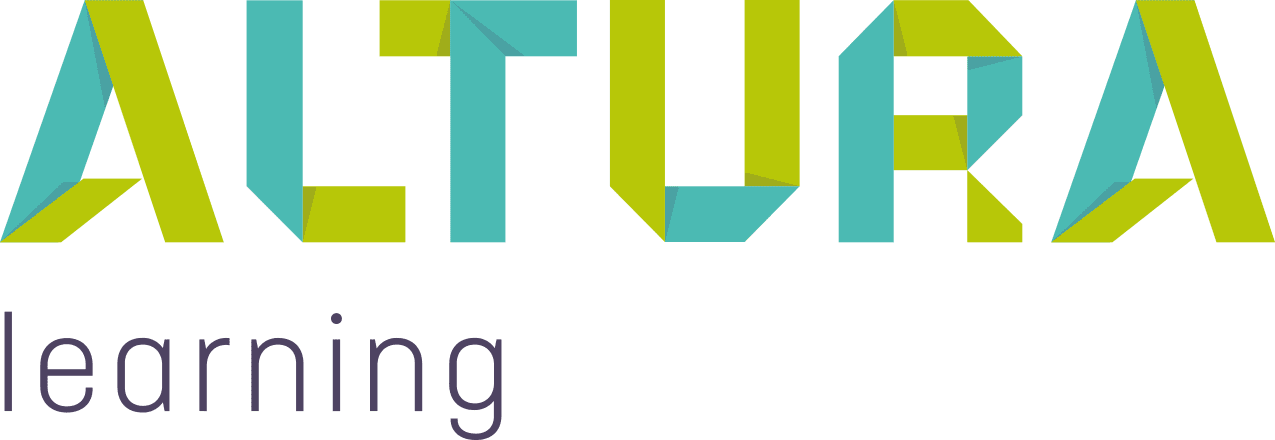Home | Altura Blog |
Outbreak Management
February 7, 2022 | Altura Blog
Topic:
Infection Prevention & Control
What is an Outbreak?
If there is more than one person in a location, such as a place of work or care home, presenting with similar symptoms, an outbreak should be considered. An outbreak is usually defined as a specified number of linked cases of an infectious disease within a location. (This definition can vary depending on which country and which infectious disease but can be as low as 2-3 linked cases).
When there is a sudden rise in an infectious disease in a particular location, such as a community or geographical area, the outbreak is known as an epidemic. On a larger scale such as when an infectious disease spreads rapidly crossing international borders, this becomes known as a pandemic, such as we have seen with COVID-19.
Why do you need to know about outbreaks?
Whilst it is expected that certain infectious diseases will appear seasonally, such as influenza and gastroenteritis, rapid spread through care homes can have severe consequences for the individuals you support, including increased hospitalisation and mortality.
It isn’t just the direct effect of infectious disease on an individual’s health that you need to be aware of. The wider impact on your organisation during an outbreak can cause significant pressure. Staff numbers and resources can suddenly reduce to dangerous levels, directly impacting the care available to both vulnerable individuals and also those who are in good health. This in turn can have a detrimental effect on everyone’s well being.
Which common viruses can lead to outbreaks?
Viruses such as influenza, gastroenteritis and most recently COVID-19 have the ability to spread rapidly and with multiple transmission methods.
Influenza and COVID-19 have the ability to cause severe respiratory infections, whilst gastroenteritis is infection in the intestines, bowel and stomach.
Each of these infectious diseases can affect people of all ages, however, individuals over 65 or those with chronic medical conditions are considered more at risk of serious complications and even death.
Here are Altura’s top 5 tips for reducing the risk of an outbreak where you work
- Adopt the correct personal protective equipment (PPE) during your daily activities
PPE is designed to protect the wearer from infection and prevent the transmission of infection to others. You are responsible for ensuring adequate supplies and correct use whether in residential or community settings.
- Ensure training and organisational policies are up to date
Ensure you are up to date with infection control and outbreak management training and are aware of your organisation’s policies. These will provide guidance on how to identify an outbreak, what action to take and how to keep yourself and others safe before, during and after an outbreak.
- Act without delay
Where you suspect an infectious disease, it’s important to act immediately. This will require reporting to management, arranging the testing of the individual(s) involved and isolating the individual until results have been provided. It will also require adopting the correct transmission based precautions in line with your organisational and local policies.
- Be prepared
Certain times of the year often show an increase in infectious diseases in local communities, so be vigilant to the possibility of the infection entering the home. Each organisation should make sure they:- Have an inventory of stock and ensure that sufficient PPE, hand hygiene products, swabs and cleaning supplies have been ordered
- Have outbreak kits prepared and accessible at short notice
- Encourage all staff, volunteers and visitors to have their annual vaccinations
- Encourage infection control measures, such as hand hygiene, sneeze/cough etiquette for residents, families and visitors.
- Report any concerns
If someone you are supporting is showing signs of illness, report immediately to ensure screening, monitoring and isolation of the individual, if required. If you are showing symptoms of a suspected infectious disease, you should remain at home and not return to work until you have clearance from your manager or after following local guidance, such as with COVID-19 self isolation periods.
In our new course, Outbreak Management, you will learn about:
- Different infectious diseases and how they spread
- How to identify an outbreak where you work
- How to effectively manage an outbreak should one occur
Outbreak Management will be added to our residential library on 16/02/2022. It is a developing course on the Altura Learning Pathway, so it’s appropriate for all staff who work in care.
This course is supported by our usual suite of learning resources. This includes our Learning Guide, Quick Reference Guide and Infographic. These are all terrific tools for supporting short refresher training of the content, micro-learning or tool box talks.
Did you know?
- Infectious diseases have been around for thousands of years and began to spread when people moved away from a hunter gatherer existence and settled in larger communities.
- COVID-19 can present without symptoms, or can lead to severe respiratory illness, with potentially life-threatening complications, such as pneumonia.
- All staff have a role to play in the prevention and management of an outbreak.


